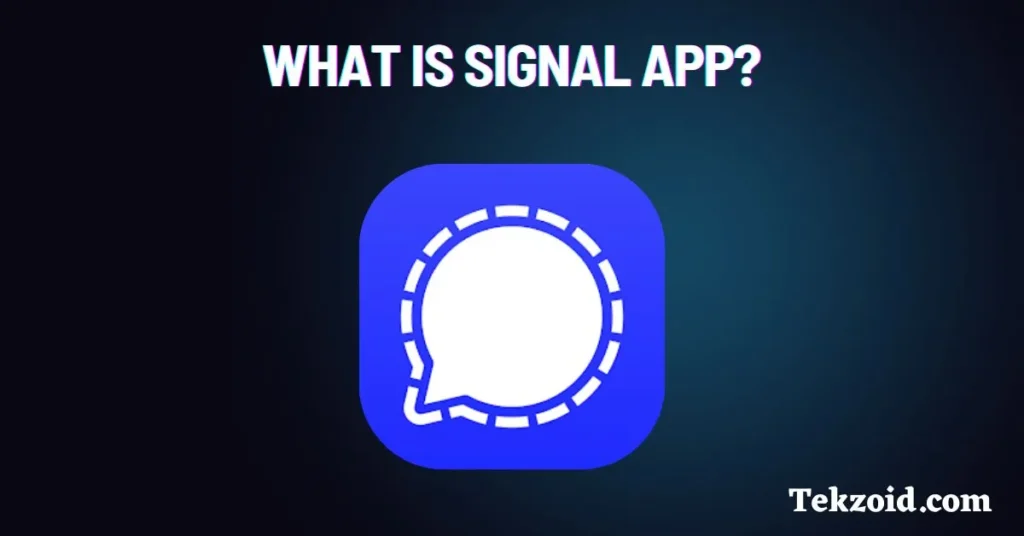Signal App is a free, privacy-focused messaging application that offers end-to-end encryption for texts, calls, and media sharing.
Have you ever opened Instagram, seen an ad for something you only texted about, and thought, “Wait, how did they know?” I have.
That moment nudged me to hunt for a messaging app that keeps my words where they belong—between me and the person I’m talking to. Signal quickly stood out.
In this post, I’ll explain what makes Signal different, why it’s trusted by privacy experts, and how you can decide if it fits your life.
And if you are interested in Home automations, you should check the SmartThings app from Samsung.
Table of Contents
What Is the Signal App?

Signal is a free chat app that looks and feels familiar—text, voice notes, photos, group conversations, and even voice or video calls all work as you’d expect. The difference comes down to its build.
Every message is end‑to‑end encrypted by default, so only you and your recipient can read it. Signal’s servers never store readable copies, and the company itself can’t peek inside. No settings to toggle, no fine print—private by design.
What Can You Do With Signal?
- One‑to‑one texting for personal chats
- Group messaging that stays just as secure
- Voice and video calls without eavesdroppers
- Media sharing of photos, videos, and files
- Disappearing messages that auto‑delete on a timer
Journalists, activists, and regular folks who value privacy rely on these features every day. Setup is simple: download the app on Android, iPhone, or desktop, verify your number, and you’re in.
Is Signal App Safe?
Short answer, yes. Longer answer, here’s why I trust it:
- No ads, no trackers—Signal’s code strips out the usual data‑hungry extras.
- Minimal data collection—your contacts and chats live only on your device.
- Open‑source code—security researchers can (and do) inspect it for flaws.
Even your profile photo and group names are encrypted. In an era of leaks and subpoenas, that’s a big deal.
Who Owns Signal?
Signal is run by the Signal Foundation, a nonprofit launched in 2018 by cryptographer Moxie Marlinspike and WhatsApp co‑founder Brian Acton.
Funding comes from donations and grants, not investors looking for quarterly returns. No shareholders means no pressure to sell your data later.
Quick Start Guide
- Download the app from the official store.
- Verify your phone number and set a strong PIN.
- Invite friends—the more people on Signal, the better the experience.
- Explore settings: turn on “disappearing messages” for sensitive chats, enable registration lock to stop SIM‑swap attacks, and back up locally if you change phones often.
I switched my family group chat last month. The transition took five minutes, and now our inside jokes stay inside.
Video Guide:
Final Thoughts
If constant tracking and targeted ads leave you uneasy, Signal offers a clean exit. It feels normal to use, yet quietly guards your privacy behind the scenes
Give it a week and notice the difference. Your conversations will feel lighter when you’re not wondering who else is listening.
FAQs
Is Signal completely free?
Yes, the app and all features cost nothing. Donations keep the servers running.
Can I use Signal without sharing my phone number?
Currently, you need a number to register, but you can hide it from profile visibility and use a secondary SIM if you prefer.
Does Signal work in countries with heavy internet censorship?
Often yes. Signal includes a setting called domain fronting that disguises traffic, though availability can vary.
What happens if I lose my phone?
Your messages remain encrypted on the device. Use your registration PIN to restore chats when you sign in again.